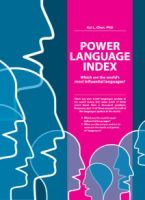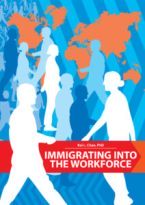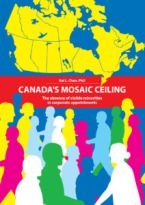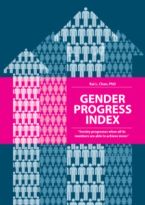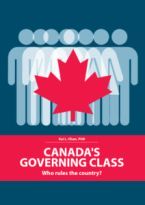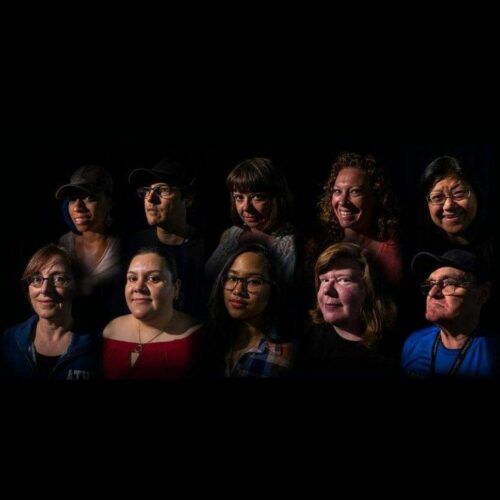
Letter to the Toronto Star (Wednesday, October 10, 2018) 10 people. 10 solutions for poverty, Oct. 8 Joe Mihevc’s idea to incorporate cycling solutions is fantastic in that it simultaneously tackles poverty, fitness and the environment. However, some people — especially those living in poverty — may not know how to ride a bike. I grew up in poverty and learned to ride as an adult. Unfortunately, if this skill is not taught at home it is unlikely to be picked up elsewhere, and learning after early childhood comes with a lot of stigma and embarrassment. This skill should thus be taught in early elementary school for those not fortunate enough to have already learned at home. It would help overcome the mobility issue that limits the options of the poor, a point that was almost universally mentioned by the 10 people in the article. Kai L. Chan, Montreal © Copyright Toronto Star Newspapers Ltd. 1996 - 2018 Letter as it appeared online.

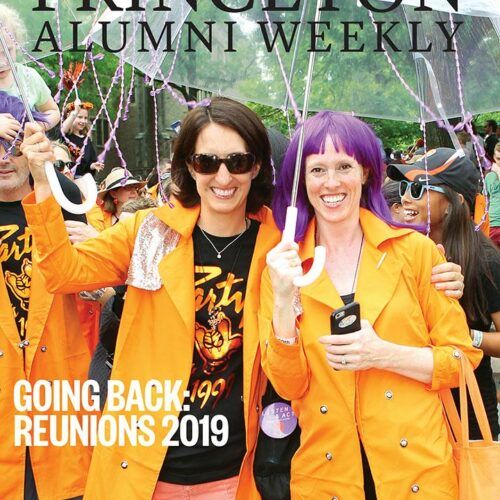 A letter to the Princeton Alumni Weekly (PAW). July 10, 2019 (Volume 119, Number 15) The article on economic mobility (Life of the Mind, May 15) seems to confuse economic mobility with economic growth. Most economists measure economic mobility as intergenerational movement along the income-distribution ladder (rather than by absolute incomes). That is, to what extent do offspring track their parents’ position on the income distribution ladder at similar age profiles. The fact that 90 percent of children born in 1940 ended up earning more money than their parents was a result of a post-war economic boom whose gains were broad across the population. That only 50 percent of those born in the 1980s earn more than their parents is largely because median income has stagnated since about 1980 in spite of growth in average income, due to increasing income inequality; i.e. growth has been mostly captured by the elite. Yes, economic mobility is lower now than before, but this is expressed through what economists call the income beta: how well an offspring’s position in income distribution is predicted by their parents’ standing. A higher beta (lower mobility) — what we see now relative to the past — means (broadly…
A letter to the Princeton Alumni Weekly (PAW). July 10, 2019 (Volume 119, Number 15) The article on economic mobility (Life of the Mind, May 15) seems to confuse economic mobility with economic growth. Most economists measure economic mobility as intergenerational movement along the income-distribution ladder (rather than by absolute incomes). That is, to what extent do offspring track their parents’ position on the income distribution ladder at similar age profiles. The fact that 90 percent of children born in 1940 ended up earning more money than their parents was a result of a post-war economic boom whose gains were broad across the population. That only 50 percent of those born in the 1980s earn more than their parents is largely because median income has stagnated since about 1980 in spite of growth in average income, due to increasing income inequality; i.e. growth has been mostly captured by the elite. Yes, economic mobility is lower now than before, but this is expressed through what economists call the income beta: how well an offspring’s position in income distribution is predicted by their parents’ standing. A higher beta (lower mobility) — what we see now relative to the past — means (broadly… 





